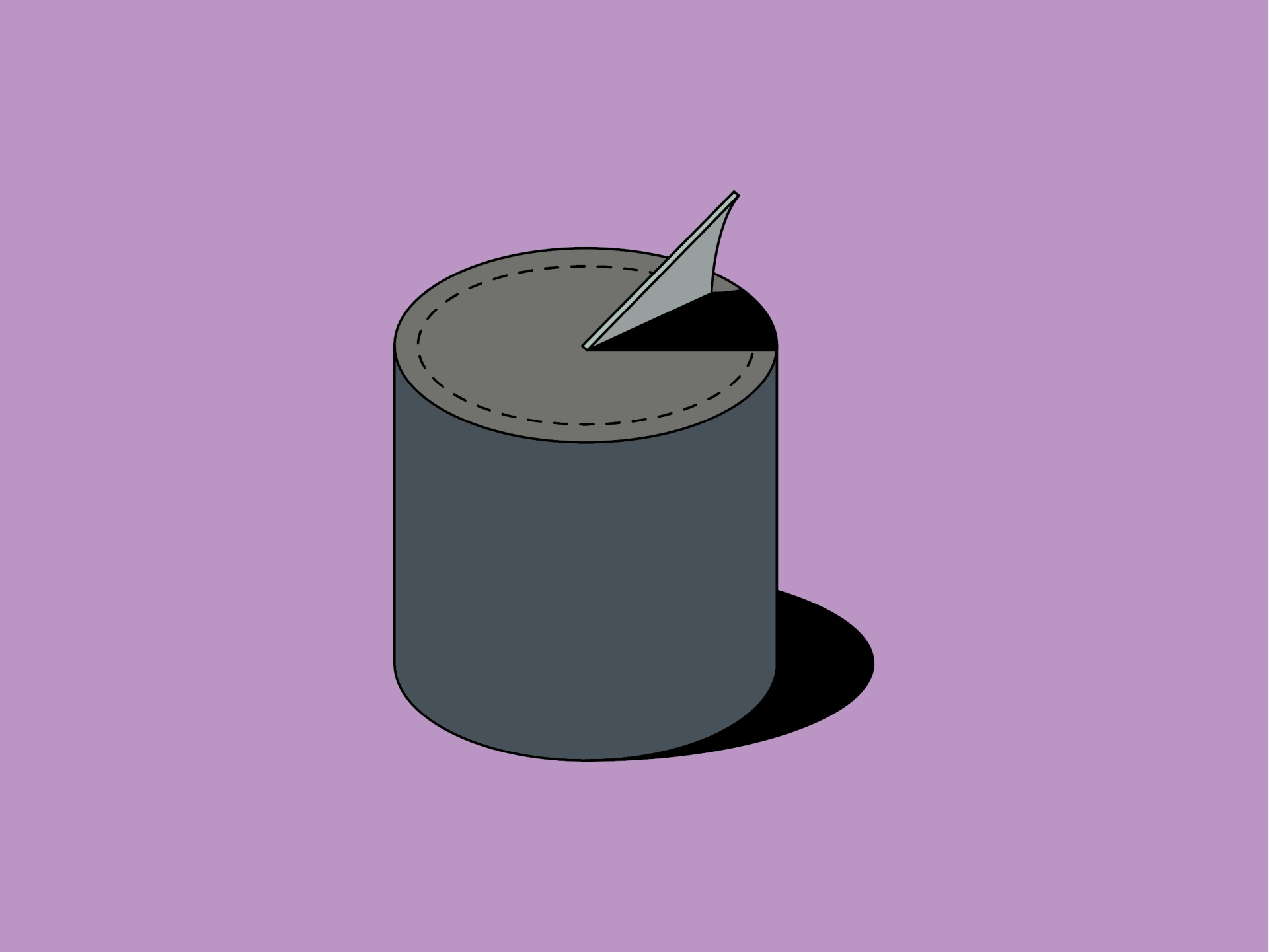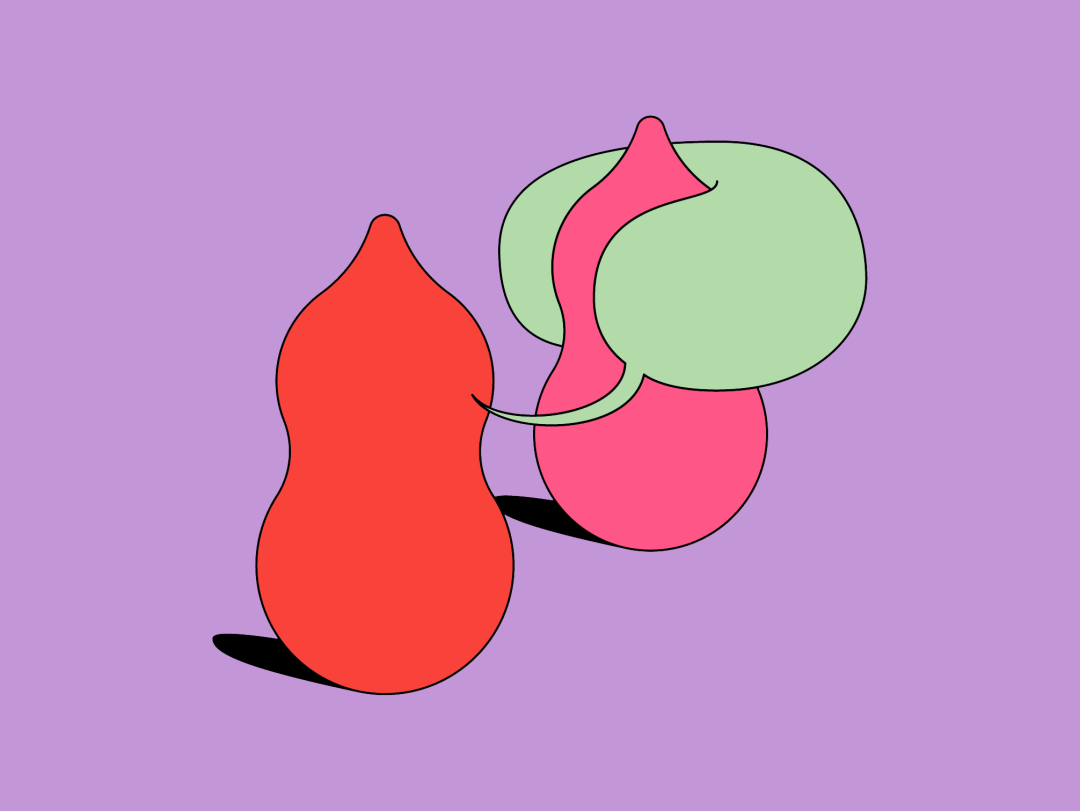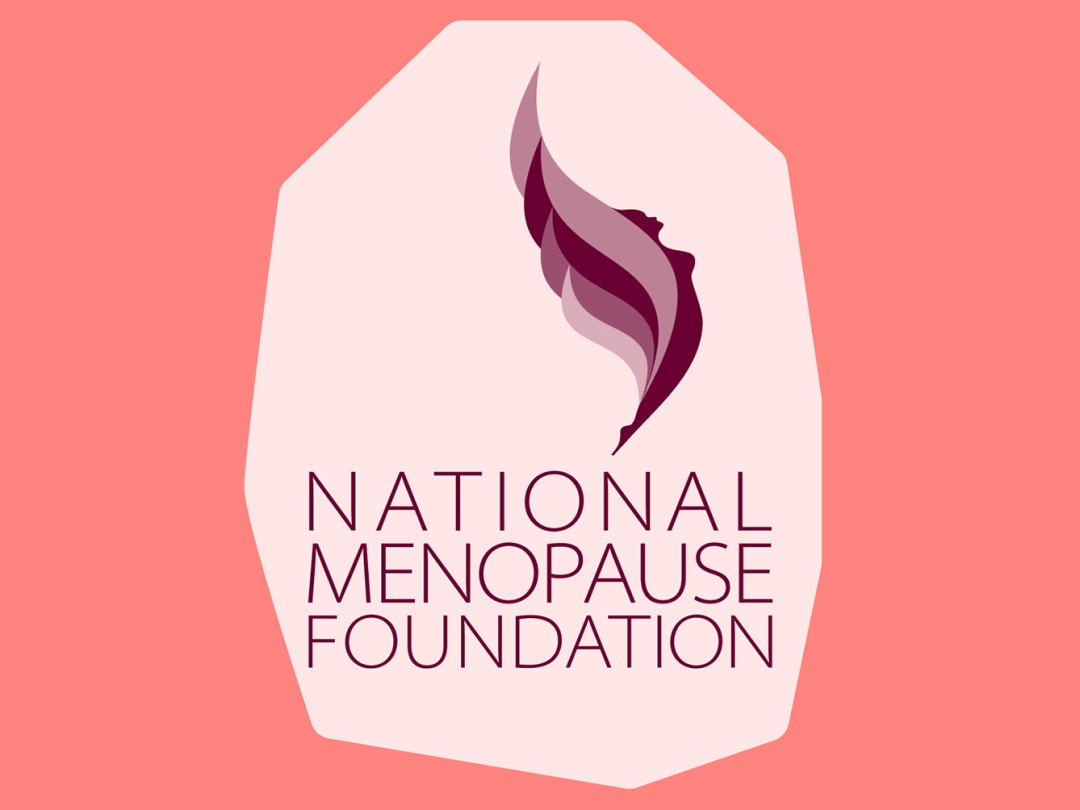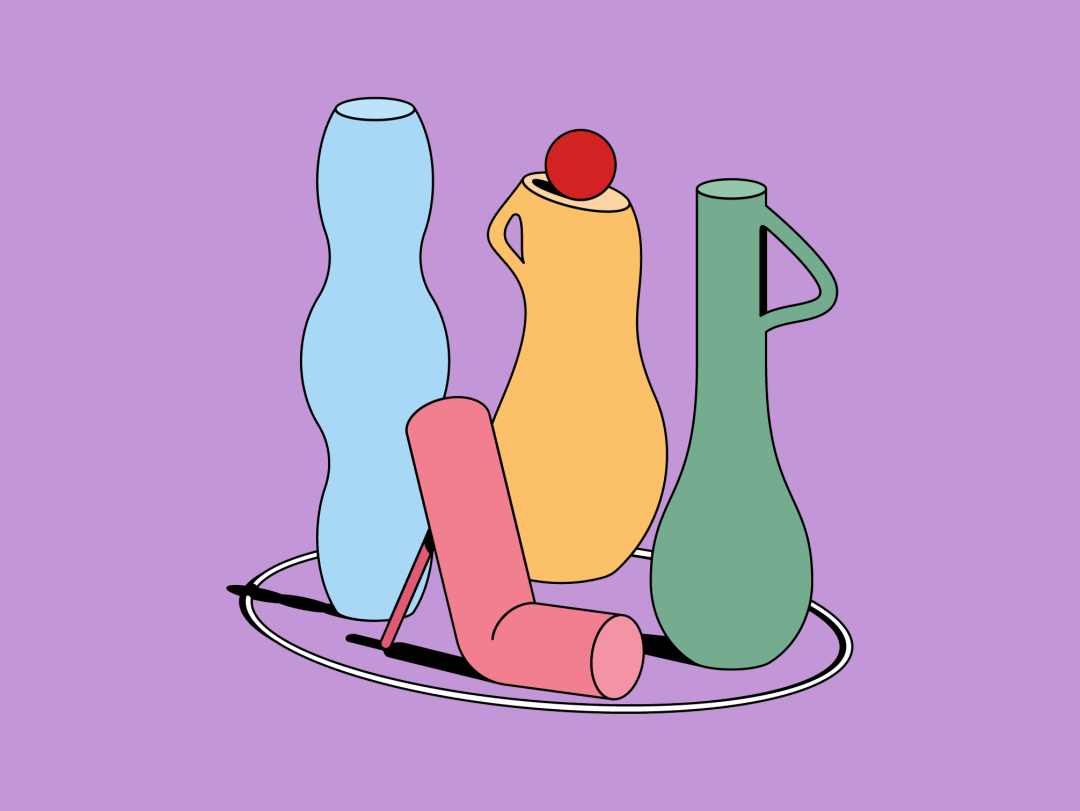#interview
Life After (Really) Early Menopause
voices
·5 min read

by Arielle Egozi | 03/21/2018
Our culture puts a particular importance on periods: You are a child before you get it, a crone when it’s done — your monthly blood a marker of your fertility, sexuality, and usefulness (certain stigmas are yet to be conquered).
Menopause naturally occurs when your ovaries stop producing estrogen and progesterone, the good ol’ hormones that control your reproductive cycle. The average age for menopause in industrialized countries is 51 years old, yet 1 in 100 women experience menopause before they’re 40.
Sometimes it’s genetic, sometimes it’s due to medical procedures, but most of the time, we just don’t freakin’ know.
So, what if you’re a 21 year-old who just went through menopause? If you’re Polly Rodriguez, you start a booming biz focused on exploring the joys of your femininity and sexuality. Polly is the founder and CEO of Unbound, a luxury sex toy shop for rebellious women (because who doesn’t need rhinestone pasties and clitoral jolt gel?). Diagnosed with stage III cancer and given a 25-30% chance of survival, her doctors told her she’d need to undergo chemotherapy and radiation, the latter of which would affect her ability to have children since the gamma rays would be going through her reproductive organs. That was all they told her, so as she was fighting through her treatments, she was simultaneously experiencing menopause — something she didn’t even realize because there’s a gazillion side effects to cancer treatment. Although the doctors were expecting to triage for death, she survived (and continues to *thrive*), and was left without any real information or understanding of what had just happened to her body.
The now 31-year old badass and successful founder talks to us about the stigmas surrounding early menopause, her dating life, and her best advice for other women going through something similar.
There’s primary and secondary early menopause — you experienced secondary because it was chemically induced. There’s hardly *any* research on primary early menopause, which has unknown causes. Why do you think that is?
I don't know. I just think it's crazy that infertility is becoming such a bigger issue, and that we're not really trying to understand the root causes. Menopause reminds me of like — as a little girl I always rode horses and when the horse got too old you just turned them out to pasture. I think there's a similar stigma when it comes to menopause. But, at least for me, I'm not an old horse being turned out to pasture. I think the stigmas probably prevent women from wanting to talk about what they’re going through, at any age. You have to find doctors and researchers that want to research it, and it's not a very sexy thing to research, I guess.
It seems that the doctors were rather flippant in the way that they informed you of the impact radiation would have on your body and your choices. Do you wish they had handled the situation a different way?
I think one of the biggest gaps in our healthcare system is that oncologists aren’t trained on how to talk about these things because they’re so objective — they're looking death in the face every single day. I had a 25-30% chance of survival. The doctors were kind of like, "I saved your life," but there should have also been a social worker or somebody in the hospital that could talk to me about what cancer was actually doing to my body.
It brings on depression, and especially for young cancer patients, it's kind of like you're so isolated, especially in a world of social media where you feel like the world goes on without you. I think that oncologists either need to have training or better bedside manner to talk to their patients about this. Arguably, they don't have the time or aren't the best people to do this, but if it's not them, then hospitals need to make someone available so that patients can talk to a social worker about the real implications of this disease.
How did it feel going through something that you weren’t planning on experiencing until decades later — something that not many women your age can relate to? Where did you go for support?
You know what? This is probably a shortcoming of mine, but I just asked my doctors if there was anything that I needed to be aware of from a medical perspective and they were like, "No, you're fine." And then I just kind of tucked it away in the back of my head.
I never thought about it because it's one of those things where I didn’t want to be a victim and mourn. But I do think one of the hardest things now is seeing all my friends around me — people are starting to have kids. Being told at 20/21 years old you'll never have children is a sad thing for sure, but it's also kind of liberating in the sense that I do think women feel a lot of pressure from their biological clocks and this timeline to have kids. I think, for me, knowing that wasn't real allowed me to lean in to starting a company and taking risks in the way that I think men get to. And so I started to really understand what it's like to be freed of those societal pressures. So, in a lot of ways I actually consider myself lucky for what I went through.
Did it force you to rethink certain narratives around sexuality and womanhood?
I felt super-broken and labeled, very similar to how I felt when I had an abortion at eighteen. I was like, okay now I have these stamps that bucket me — now I'm a girl who had an abortion, now I'm a girl who went through menopause at 21. I kind of had this epiphany where I was like, "Fuck that!" I'm not going to be labeled and I'm not going to let this stigma or association define my sexuality. I'm going to find it for myself because I think I was embarrassed of it. And it's not easy talking about it all the time, for sure.
It’s not ideal that any guy I go on a date with can Google my name and quickly find all this stuff out about me. But I do think that it's forced me to learn to be confident in who I am, and know that I don't have to be apologetic. Rediscovering your sexuality for yourself through masturbation or through whatever works for you is really important. And defining the relationships that we have with our bodies for ourselves—as opposed to, you know, some dude thinking like, "Oh, she went through menopause at such a young age, she must not have any sex drive." That's not true at all. But I think each person has to find that for themselves.
What advice would you give women who may be going through something similar?
It's going to sound self-promotional but really, truly, buy lubricant and a vibrator. I had a good friend that was a nurse practitioner and I was like, “I don't want this to be this tombstone of Polly's sexuality. ‘She'll never want to have sex again, it's over.’" And I *really* didn't want that. And so she said, "Well then just buy a vibrator and some lubricant. Take ownership over the situation and get in tune with your body again because, yes, it's changing and it's different but that doesn't mean that it's not sexual anymore."
If you’d like to hear more from Polly, you can also check her essay, “The Feminist History of the Vibrator” in our book: The Vagina Book: An Owner’s Manual for Taking Care of Your Down There.
by Arielle Egozi
discover more topics
more from voices

Why We Need to Change the Way We Talk About Periods
by Keeley McNamara, CNM, and Jen Swetzoff
07/17/2023

